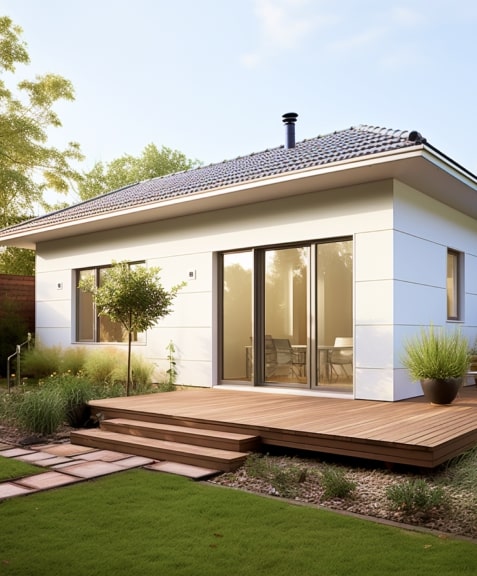
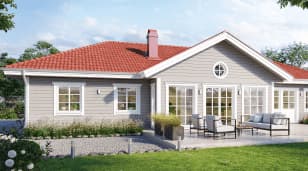
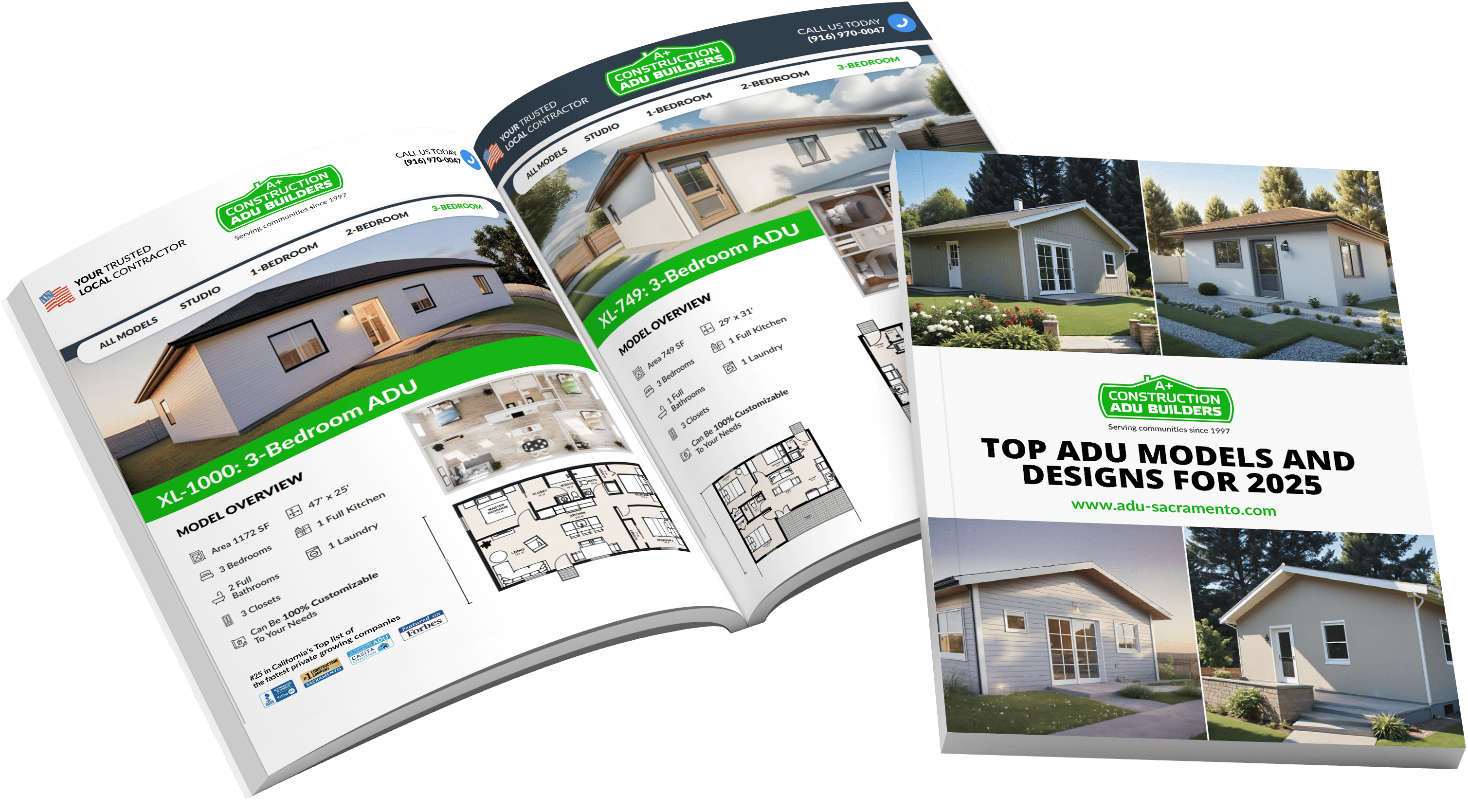

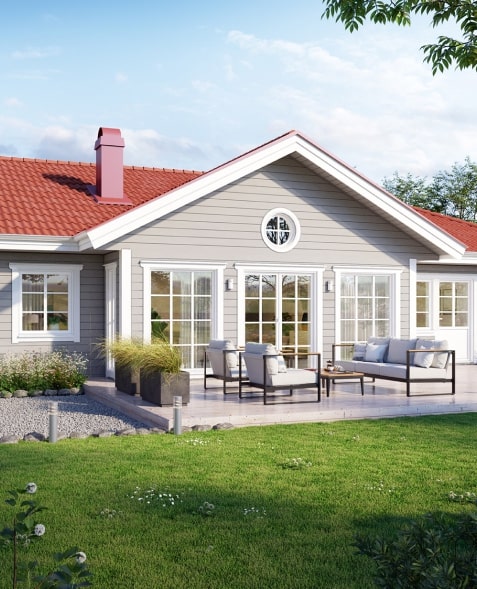
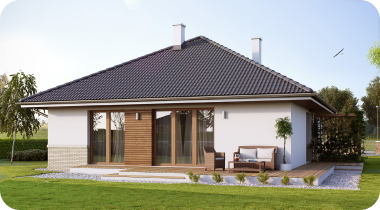
A link to download your FREE brochure will be in your inbox in 3 minutes
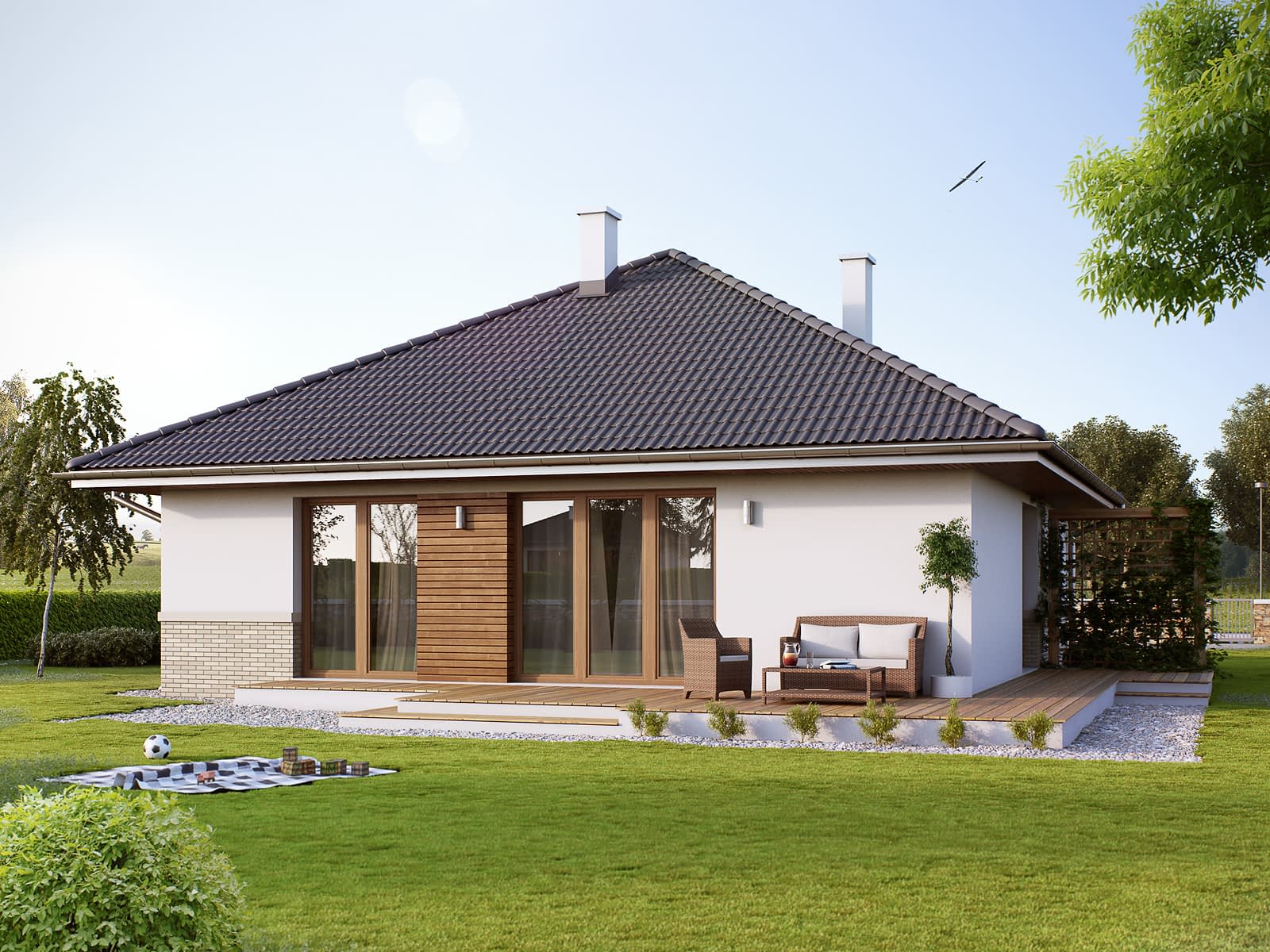





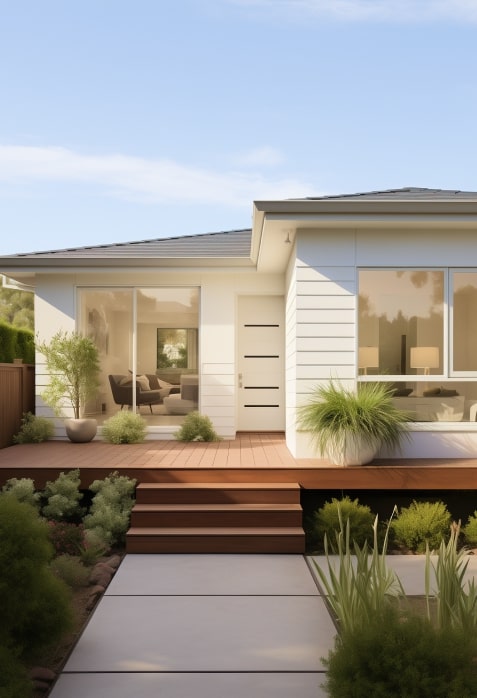
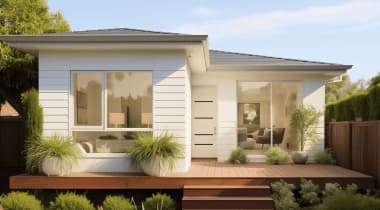











The final price may vary based on project specifics.
To get a free accurate quote tailored to your needs, book a consultation with us today!

The price per square foot provided is an average and may vary depending on project-specific details such as materials, location, complexity, and other factors. Actual costs may differ from the average provided.
It is recommended to obtain a detailed quote based on the specific requirements of your project.

Please note that the monthly payment displayed on this page is an estimate and is subject to variation based on the selected loan product, applicants credit score, loan amount, and other financial details. Actual monthly payment may differ from the estimate provided.
It is recommended to seek advice from a financial advisor or loan officer to obtain precise payment information tailored to individual circumstances.
 Your Trusted
Local Contractor
Your Trusted
Local Contractor

In the times when the development of suburban areas all around the USA was at its peaking points, in the middle of the last century, the focus on high density started to fade, and a different tendency took over the country. However, the very beginning of the era of ADU in the US dated back to the edge of the 1900s. The population in suburban areas increased even more after the Second World War, and so did the people’s requirements for comfortable and affordable accommodations. While the country’s authorities immediately reacted by banning the ADU construction, some residents turned to illegal ways, which sometimes were the measures to meet the workforce’s demands of housing. In some communities, restrictions on the ADU building are still the case. This leads to binary outcomes: the outlaw construction and inevitably high rates. Nevertheless, in some states, ADU’s are legal, fees and taxes are relatively low, loan programs exist, and the population gets the related education. All in all, the development of this type of housing can be a beneficial approach for local authorities to enlarge the supply of housing, get more taxes from the public, and make people want to stay and commit to their suburban community’s flourishing.
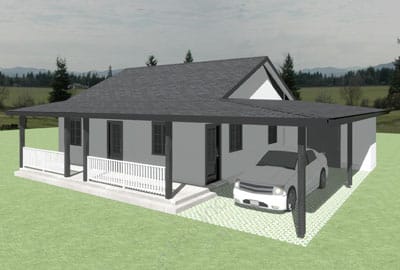
Last year’s October saw some improvement in the subject of Accessory Dwelling Units for residents of California. The state’s Governor passed a bill suit aimed at the increase in the construction of ADU’s. Today, amid another crisis of housing in California, the fact is a suitable measure for the local communities, who obtained more freedom in regulating the aspects of.
The law became active on the first day of 2020, and the aspect of ADU’s creation is no more under the local authorities’ control. In Sacramento County, where the old and the new regulations entail conflicts, the locals need to use applicable GOV sections.
‘Interim ADU Standards’ is a document aimed to support Sacramento’s authorities in Sacramento, providing guidelines and demands of the GOV code. The county staff should use the law and the SZC (Sacramento Zoning Code) until the latter’s precise adjustment.
The public review procedure of a Zoning Ordinance Amendment has started in 2020, and this summer, the adoption will finish. The major amendments include regulations concerning Junior Accessory Dwelling Units, multifamily residential projects, short-term houses for guests, and projections for future development.
The construction of ADU is allowed in Sacramento, but there are specific facts to consider before creating one. AS to the lawful maximum of secondary dwelling, Sacramento residents can build only one. The good news is that one can choose any kind of ADU’s, but a driveway fitting the Public Works Department’s demands should serve each housing lot. As to the size of a lot to allow for creating an ADU, it should be at least 5,200 sq. ft. If a lot is 5,200 to 8,500 sq. ft. in size, an ADU must be no more than 400 sq. ft. A limit of 500 sq. ft. is required for lots sized up to 10,000 sq. ft. And beyond that size of lots, an ADU is limited to 600 sq. ft. An ADU must not be larger than half of the lot, and it should increase the actual area for living up to 1,200 maximum. The number of parking lots available by the new regulations should be equal to the number of bedrooms. As well as the main dwelling, an ADU demands fire sprinklers. ADU structures include garages, small summer kitchens, guestrooms, and other secondary facilities. Adding an ADU to the primary house can be beneficial in generating an extra income if the goal of the creation is to rent it out. While the building of an ADU can be costly, and not all homeowners can afford one, they are popular among those who can. With the increasing interest of families to have several generations living under the same roof, the popularity of Accessory Dwelling Units is becoming more massive across the country. While a homeowner is pursuing to add a garage or a guesthouse, a studio, or any other extra building to his accommodation, he or she should consider certain factors, such as zoning requirements, budget, and restrictions. It will help avoid disappointment and even legal actions towards outlaw creations. This guide aims to assist the readers in a trouble-free search of the best option of ADU.
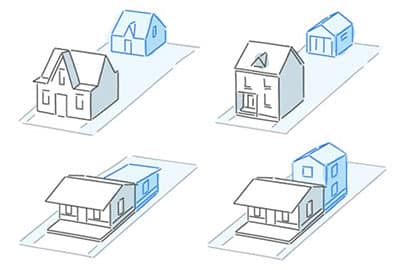
The classification of accessory dwelling units largely depends on one’s situation concerning the major unit. There are three main categories of ADU, namely, interior units, attached, and detached ones.
As seen from the name, interior ADUs count in the main dwelling unit’s territory. Homeowners’ primary approach in creating these units is the reconstruction of the existing areas like basements, garages, porches, and other spaces.
AS to the attached accessory dwelling units, homeowners add these to the major dwelling unit. The location of such structures is most commonly sides, rear, or front of the primary unit. Some property owners attach additional structures to the garage’s roof.
The third type of ADU, the detached one, usually locates in some distance from the main dwelling unit. Hence, the name. Some individuals create them over their current structures, like garages, for instance. Others prefer them built separately, in several meters from residential or accessory buildings.
Whatever the ADU one may choose, one should follow the regulation of the area of their residentship. One needs to select future ADU materials carefully, and the entire enterprise will benefit.
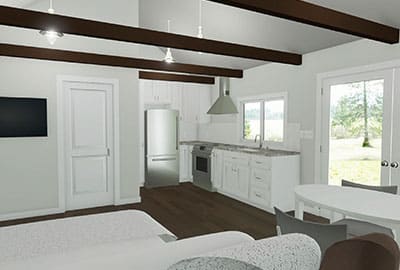
The communities utilizing the opportunity to build accessory dwelling units receive a wide range of benefits. Let’s delve into the details and find out how beneficial an ADU can be for homeowners and towns.
While the housing crisis is on the rise in most suburban areas, the creation of ADUs can be beneficial in terms of the cost of a dwelling. Most Sacramento residents find it desirable and help increase the housing supply for the entire community. While a new separate lot or a new central dwelling unit can cost an ample amount of money, adding an ADU can prove affordable for people whose income is moderate or even lower.
ADUs can also be a way out for those families that have elderly or disabled family members. As it is more convenient for such residents to live together or, at least, not too far from each other, creating an ADU is a beneficial option.
Among those who can benefit from ADUs, there are also young residents with low incomes due to their recent workforce involvement. It is an affordable and convenient solution, as homeowners can extract extra income by giving the units for rent.
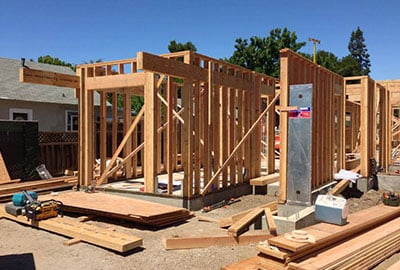
Concerning the new regulations that allowed the local communities to increase ADUs, residents of Sacramento can create and construct ADUs no matter the size of the lot they have, unlike lots of materials on the topic on the internet claim.
However, the smaller the lot is, the less spacious ADU can fir to it, which is the only limitation. Also, it all depends on zoning. Should the property be rated R-1, the lot’s coverage must not be greater than 50%, and the top size of an ADU must not exceed 2500 sq. ft. The size of any, even the smallest buildings within the area of a household, like small sheds or roofed patios, should correlate with the coverage of the lot.
As to the ADUs inclusive in the main dwelling unit, their size must be less than 50% of the floor area. To make it clear, if your primary lot measures 1000 sq. ft., you cannot build an attached ADU bigger than 500 sq. ft. On top of that, the maximum ADU’s floor area must not be greater than 1200 sq. ft.
As to the detached ADUs, 1200 sq. ft. is the limit.
New structures the main requirement is that they should be compatible in design with the primary dwelling unit. For garages, the top size area is 1200 sq. ft. And remember about utility buildings.
With the new regulations, the ADU started to have fewer limitations concerning extra parking zones. The central dwelling unit requires one place for parking, and it must sit in the distance from the road. However, an ADU in Sacramento does not demand any additional lots for parking. In the case of a reconstruction of the existing garage or any parking place, homeowners should provide at least one additional off-street place for their vehicle. The site should have a minimum of 10 ft. in width and 20 ft. in length to meet the requirements.

Following the guides concerning separate accessory buildings, the main restriction is the heights of the unit. Complying with 18 ft limitation, the construction of the unit with two floors gets quite difficult a task. New regulations allow homeowners to have their detached accessory unit as tall as 25 ft. It is also essential to ensure a five-foot rear yard setback or a five-foot side one for homeowners in zone R-1.
ADUs from A+ Construction & Remodeling are designed to enhance the property’s value. The company’s in-depth understanding of Sacramento’s real estate market enables them to build ADU in Sacramento that are both functional and attractive to potential renters, thus boosting the property’s potential rental income. The company has become home for a team of specialists having different expertise and experience in a wide range of concerning areas. Professionals never stop the process of personal and job-related development. They are always ready to embrace new advanced techniques and methods to provide the customers with the notch-carving solutions for their additional dwelling unit projects and construction. Our team members continuously update their knowledge of modern approaches in creating ADUs, current regulations, and finding the right customer’s case. Our team uses a diversified creative approach to problem-solving, as our work’s main priority is the human factor. Our team’s people are characterized as open-minded, up-to-date, and trustworthy employees who generate great ideas regularly, improve their skills in the area, and find the most suitable solution to meet all the requirements of a client. Our company uses a customer-oriented approach and can provide the best service in creating and constructing ADUs for homeowners in Sacramento. Contact us to learn the rates and embark on the path to add top-notch architecture to your primary dwelling unit.
Get a First Look at Real ADU Projects